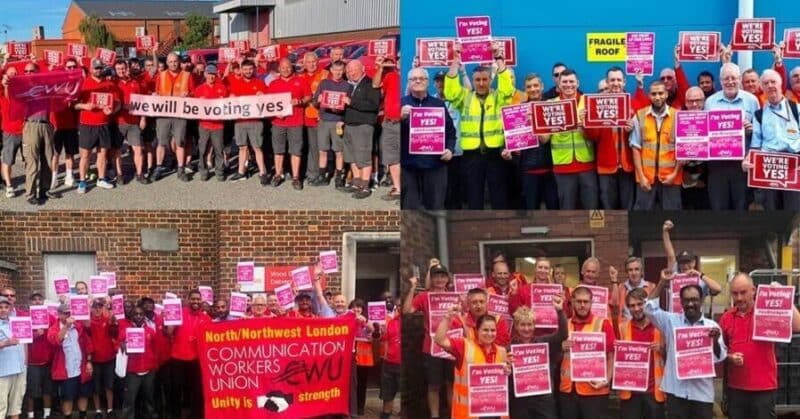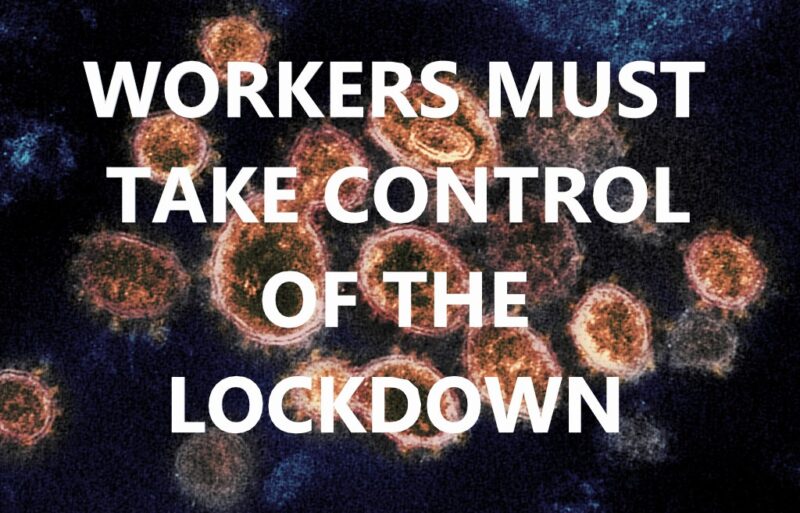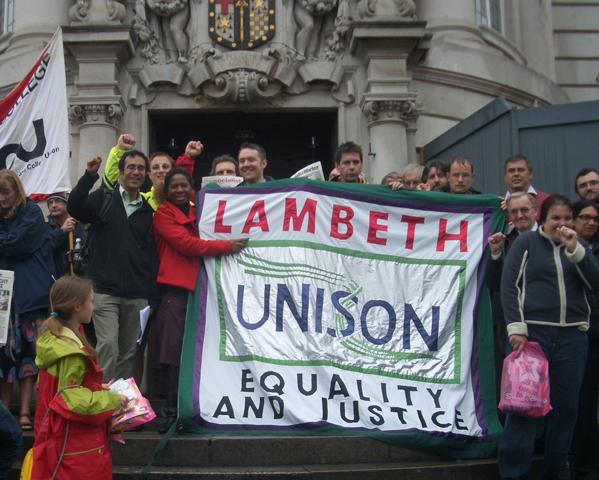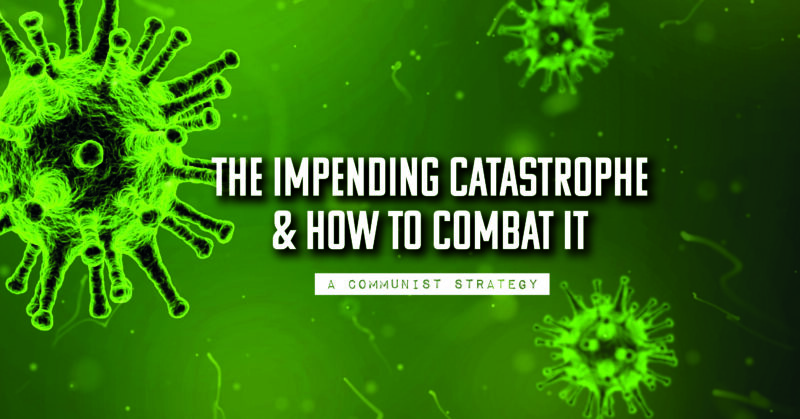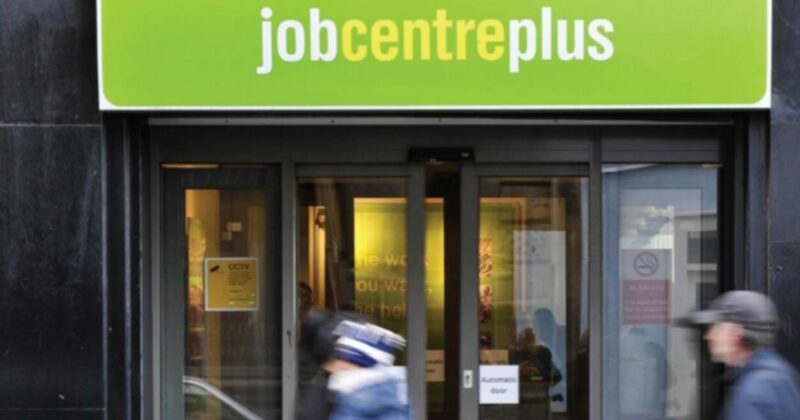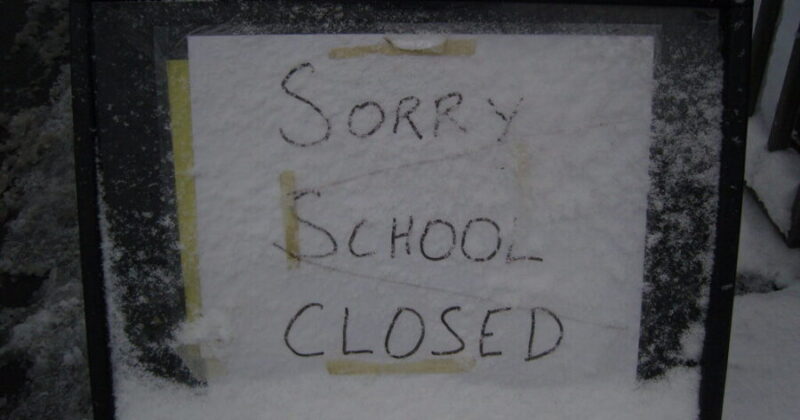Covid-19
Lockdown: More Must be Done for Victims of Domestic Violence
Since the implementation of COVID-19 quarantines on an international scale, life has become more dangerous for people trapped in households with abusive relatives, partners or housemates.
Our Lives are Worth More than Junk Mail!
While the ballot is on hold, postal workers’ health concerns have come to the fore as offices in Bridgewater and Alloa walk out
Workers must take control of the lockdown
Coronavirus is demonstrating the essential basis upon which our society exists: the working class and the necessity of labour. Workers and their unions must take the lead and control this lockdown.
Motion: Workers’ action against the covid-19 pandemic
A motion passed by Lambeth Unison's branch committee
A programme of action to fight the corona crisis
A programme of action published in the early weeks of the pandemic.
Covid-19 and the PCS: from workers’ rights to workers’ control
In the DWP we should veto work that sanctions or penalises claimants and demand Universal Credit is paid on the first day, in advance, not six weeks in arrears. In the Home Office – end deportations and close the detention centres
School closures: skeleton service or community organisation?
The vulnerable will suffer most in any social – and economic – lockdown. We must insist schools apply a broad definition to the terms of which students and families are ‘vulnerable’ based on need, not the dictates of an uncaring, neoliberal government seeking to protect business over workers and the poor.
Postal workers smash reballot – but should the coronavirus crisis block action?
To the surprise of many, when CWU leaders Dave Ward and Terry Pullinger announced the ballot result to members on Facebook,[2] they said they would not set dates for a strike, explaining that “it’s not the right moment for us at this particular point to take industrial action”. Since then Terry has said “we’ve got no choice in the matter”, citing the “unprecedented circumstances” of the coronavirus crisis.
Royal Fail: postal workers get little coronavirus help from bosses
In the ballot result announcement on Tuesday, Dave Ward and Terry Pullinger reported on growing anger in the workforce against lack of management action to protect staff against coronavirus. Royal Mail have done little to provide gloves, hand sanitiser or sympathy despite the vulnerability of staff who work among the public every day.
Why the government is lying about coronavirus
Our era is indeed facing ever more regular and more severe crises from global heating to financial meltdowns to pandemic diseases. Yet these global, social problems are being dealt with along rival national lines and under competing capitalist property rights

